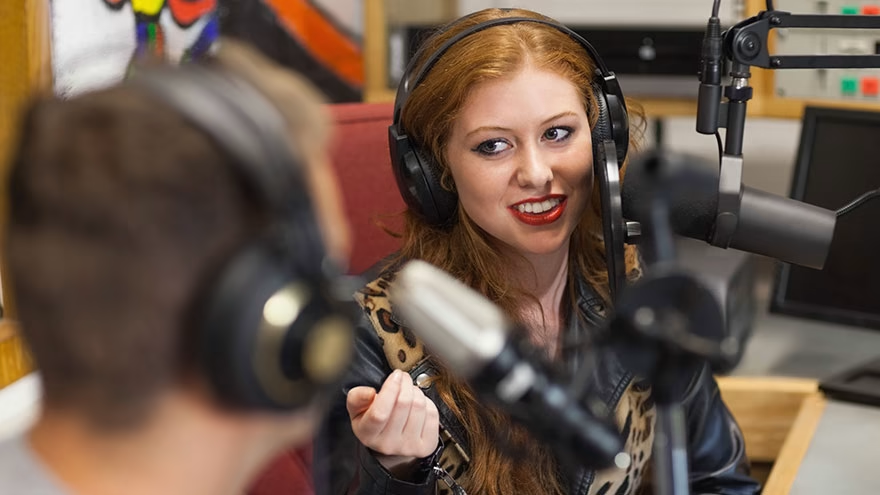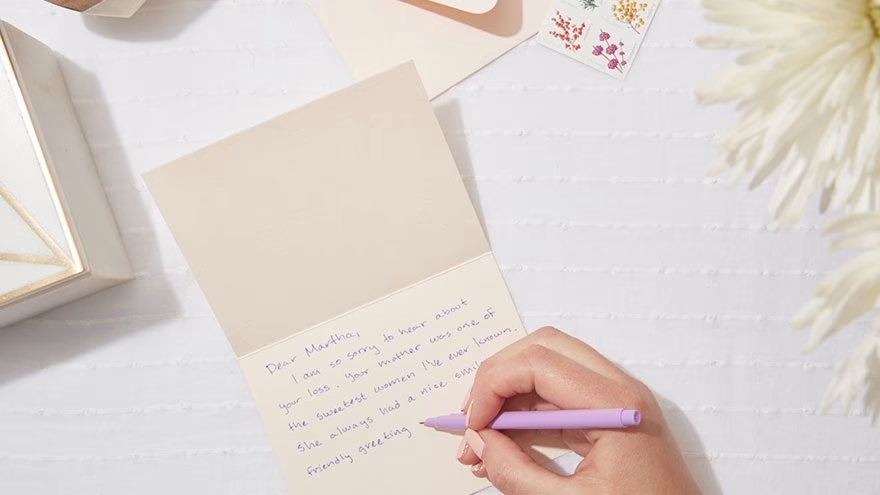So there's tip one: Never forget that you are "On the Air."
5 Tips For A Great Radio Interview

For Interviewee
1. Make Sure That You Have Your "talking Points İn Front Of You."
Unless this is a political debate, you can talk with your interviewer and go over some of the questions that he will be asking you.
2. If This İs A Live İnterview, Find Out The Length Of The İnterview And Ask When The Show Will Break For Commercials
Do a sound check before you go on the air. If this isn't live, ask if your words will air exactly as recorded.You don't want your words taken out of context. If you think the interview will be controversial, have the producer sign a statement that the interview will air as is.
3. Ask What Type Of Audience Show Attracts
You might want to do this well in advance. If you are going to talk to teenaged rock fans, it's different than talking to mothers at home with the kids. Know your audience.
4. Try Not To Leave Any "dead Air" Time
If you have difficulty answering a question, ask the host to repeat it. That will give you time to think.
5. Avoid Saying Too Many "ahs" And "ums." It Might Sound Fine İn Regular Conversation, But On The Radio İt's Annoying
Also, don't let anger creep into your voice unless you want it there. Try to tone down. Voicing your anger, even if justified, can make you sound bullying or defensive over the airwaves.
For Interviewer
1. Make Sure That You Know What Questions You Are Going To Ask
Also, do some research on the person you are interviewing.
2. Do A Sound Check
You don't want your interview subject so close to the microphone they are spitting in it or so far away that they can't be heard.
3. Try Not To Cut The İnterviewee Off
However don't let them drone on forever about the same thing either.
4. Interject Some Humor
Even the most serious of interviews sometimes require something to liven up the show. People want information, but they also want to be entertained. It also relaxes the person being interviewed.
5. Don't Hesitate To Disagree İf You Think That The İnterviewee İs Putting Out Some Wrong İnformation, But Try To Do İt İn A Third Person Way
Say something like "I read in "Time" magazine that so and so said that". Don't just tell the person they're wrong, especially if you are bringing them on as an "expert."Check out the video version of this article on YouTube
httpv://www.youtube.com/watch?v=F0kniFDEjpo
Save for later
Found this helpful?
Pin this article to your Pinterest board and come back to it whenever you need a reminder.
Save to Pinterest


